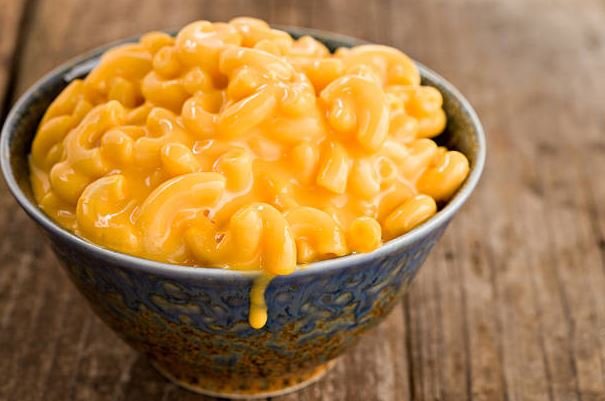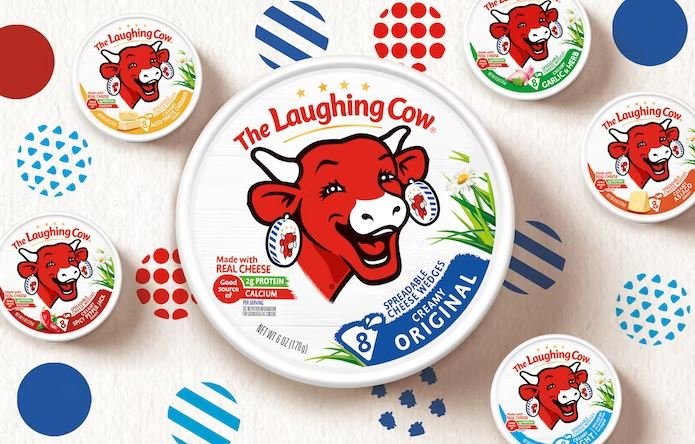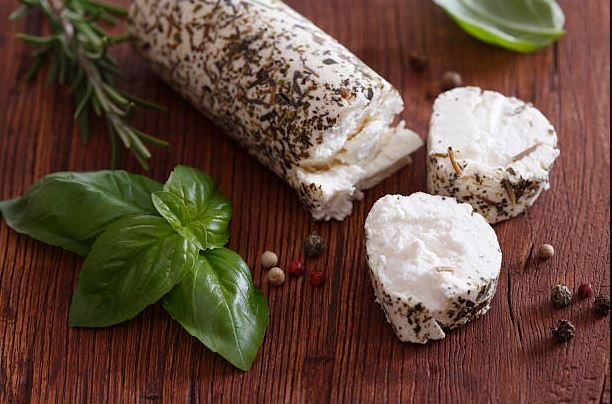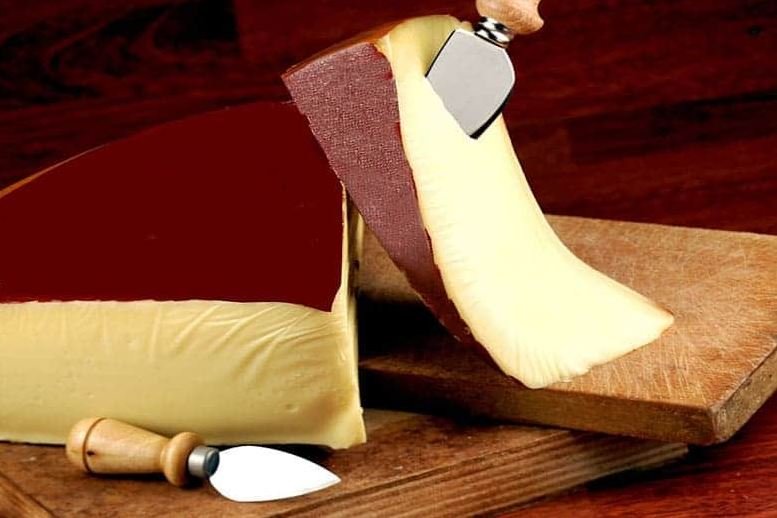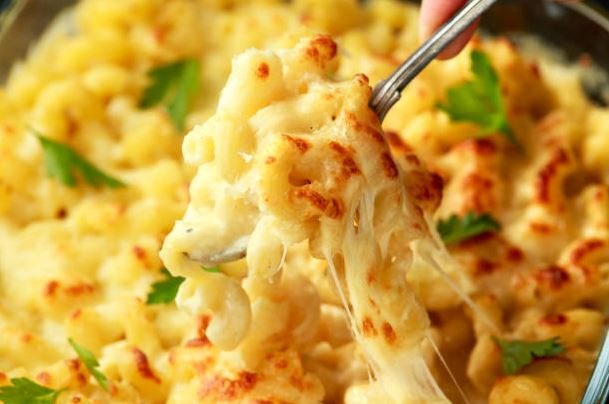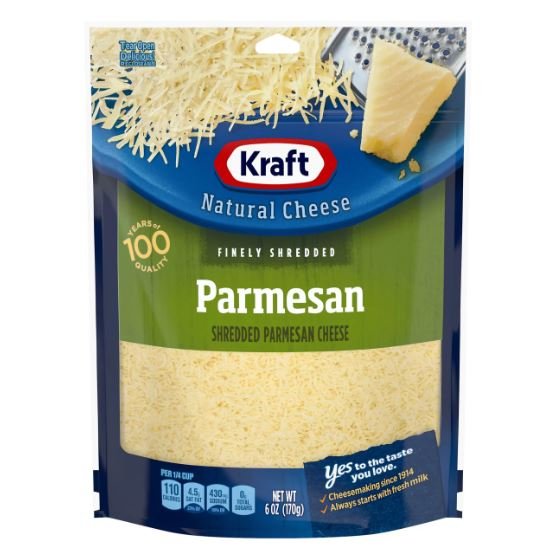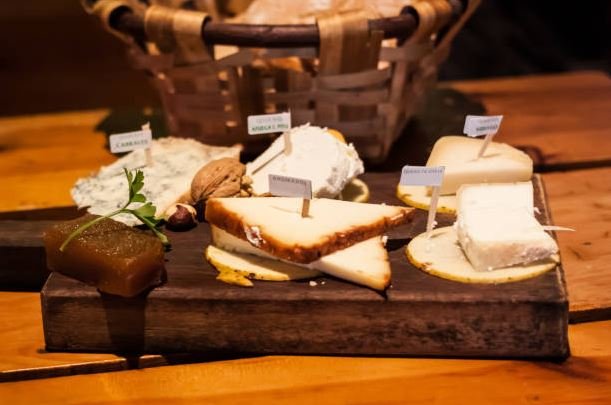If you are a baking enthusiast, you’ve probably experimented with different ingredients, and the outcomes are usually not that bad. Now you’re about to make a cheesecake and want to know what it will look like if you use a cream cheese spread. So can you use a cream cheese spread for cheesecake?
You can use a cream cheese spread for cheesecake. It tastes similar to cream cheese, but the texture and look of your cheesecake will turn out differently. Using a cream cheese spread will affect the final product; it has stabilizers, preservatives, and emulsifiers that will change the texture of your cake.
A cheesecake is a simple cake with a simple recipe, but the wrong ingredients can ruin its taste. So to get the most out of your cheesecake, you should know how best to use the cream cheese substitute for the best results.
Can You Use Cheese Cream Spread Instead Of Cream Cheese For Cheesecake?
You can use cheese cream spread instead of cream cheese, but your cheesecake will turn out differently than expected. They take similar but using cheese cream, spread means you will prepare the recipe differently.
You can decide to use cheese cream spread because it is easy to spread, and it is softer than regular cheese cream because it contains additives such as whey protein. Note that the whey protein in the cheese cream spread will change the texture of your cheesecake, and the cheese cream spread adds extra aeration to the cheesecake during the process, making it softer.
You need to alter the consistency of the spread before you use it for cheesecake making; whip it first to ensure that it’s smooth, and avoid sticking and clumping with other ingredients. The cheese cream spread will only set easily if it’s soft enough and light, and you will need an amount of gelatin to aid the process.
Can You Use Cream Cheese Spread Instead Of Block For Cheesecake?
It depends on your recipe; some recipes work perfectly with cream cheese spread, while others will turn out differently than expected if you substitute cheese cream spread for block cheese cream. If you need clarification, the best thing is to check your recipe or follow the tips in this article squarely.
You can use a cream cheese spread, but the block cream cheese is your best option because it’s designed to be used as a spread. Block cream cheese is firmer, more solid than cream cheese spread, and contains little moisture. Block cream cheese contains more salt than the cream cheese spread.
Cheese cream spread, on the other side, is made with cheaper cheeses that may affect your cheesecake. Block cheese cream will provide a smoother, fine-textured cheesecake than cheese cream spread. Also, note that the block cream cheese has less fat than the cheese spread, which will be the best for the light dish.
However, if you use the cheese cream spread instead of the block cheese cream, you will still prepare a delicious cheesecake; the texture and taste will slightly change.
Must You Always Use Cheese For Cheesecake?
You don’t always have to use cheese in cheesecake. Instead, you can use sour cream. Sour cream is created like cheese; it is made through fermentation, a dairy product. The cake will taste sour when you add the sour cream, but when you add other ingredients, such as sugar, the taste will become similar to the normal cheesecake.
The result will be a creamier, less sweet, and less heavy cheesecake n what you will get if you used cheese.
What are the Substitutes for cream cheese in cheesecake?
For lactose intolerant, vegan, or simply looking to reduce their dairy intake, the cream cheese used in traditional cheesecake recipes can be a problem.
Luckily, several substitutes for cream cheese can be used in cheesecake recipes without sacrificing taste and texture.
1. Ricotta Cheese
Ricotta cheese is a popular substitute for cream cheese in cheesecake. It has a similar texture and consistency to cream cheese and can be used as a one-to-one substitute. Ricotta cheese has a milder flavor than cream cheese, so adding additional flavorings, such as vanilla extract or lemon juice, is important to enhance the taste.
To use ricotta cheese in cheesecake, substitute the same amount for cream cheese in the recipe. For example, if the recipe calls for 8 ounces of cream cheese, use 8 ounces of ricotta cheese instead.
2. Greek Yogurt
Greek yogurt is another great substitute for cream cheese in cheesecake. It has a thick and creamy texture and can be used instead of cream cheese in a one-to-one ratio. Greek yogurt has a tangy flavor, so adding more sweeteners or flavorings is important to balance the taste.
To use Greek yogurt in cheesecake, substitute the same amount of Greek yogurt for cream cheese in the recipe. For example, if the recipe calls for 8 ounces of cream cheese, use 8 ounces of Greek yogurt instead.
3. Cottage Cheese
Cottage cheese is a low-fat and low-calorie substitute for cream cheese in cheesecake. It has a slightly grainy texture, so blending it thoroughly before using it in a recipe is important. Cottage cheese has a mild flavor, so adding additional flavorings, such as vanilla extract or lemon juice, is important to enhance the taste.
To use cottage cheese in cheesecake, blend it in a food processor or blender until smooth. Substitute the same blended cottage cheese for cream cheese in the recipe. For example, if the recipe calls for 8 ounces of cream cheese, use 8 ounces of blended cottage cheese instead.
4. Tofu
Tofu is a vegan substitute for cream cheese in cheesecake. It has a mild flavor and a smooth and creamy texture. Tofu can be used as a one-to-one substitute for cream cheese in cheesecake recipes.
To use tofu in cheesecake, drain and press the tofu to remove excess water. Blend the tofu in a food processor or blender until smooth. Substitute the same amount of blended tofu for cream cheese in the recipe. For example, if the recipe calls for 8 ounces of cream cheese, use 8 ounces of blended tofu instead.
5. Neufchâtel Cheese
Neufchâtel cheese is a lighter version of cream cheese that can be used as a substitute in cheesecake recipes. It has a slightly lower fat content than regular cream cheese and a slightly tangy flavor.
To use Neufchâtel cheese in cheesecake, substitute the same amount of Neufchâtel cheese for cream cheese in the recipe. For example, if the recipe calls for 8 ounces of cream cheese, use 8 ounces of Neufchâtel cheese instead.

Cream Cheese Spread Recipe
Ingredients
- 8 ounces of cream cheese, at room temperature
- 1 tablespoon of milk or heavy cream
- 1/4 teaspoon of salt
- 1/4 teaspoon of garlic powder
- 1/4 teaspoon of onion powder
- 1/4 teaspoon of dried dill
- Freshly ground black pepper (to taste)
Instructions
- In a mixing bowl, add the cream cheese, milk or heavy cream, and salt. Using a hand mixer or a stand mixer fitted with the paddle attachment, beat the mixture on medium speed until smooth and creamy.
- Add the garlic powder, onion powder, and dried dill to the cream cheese mixture. Beat again until everything is well combined.
- Taste the mixture and adjust the seasoning to your liking. Add freshly ground black pepper to taste.
- Once the cream cheese spread is well mixed, you can either serve it right away or store it in the fridge until needed. It will keep for up to a week in the fridge.
Video
Conclusion
Cream cheese is the best for making cheesecake because it gives your cake a great taste and texture. However, you can use a cream cheese spread and get a delicious cake, just that the cheesecake will turn out differently than expected. Plus, there will be a slight change in the taste and texture.



